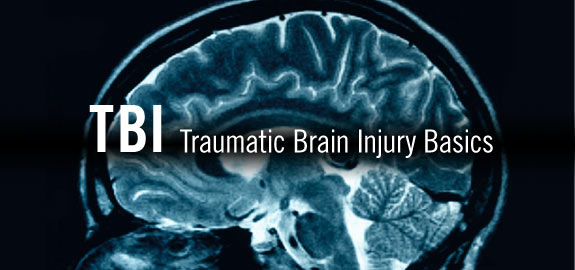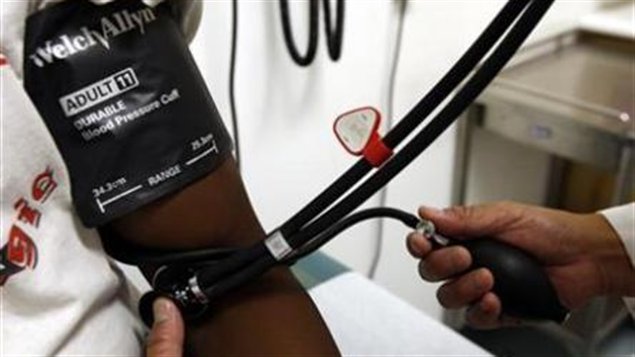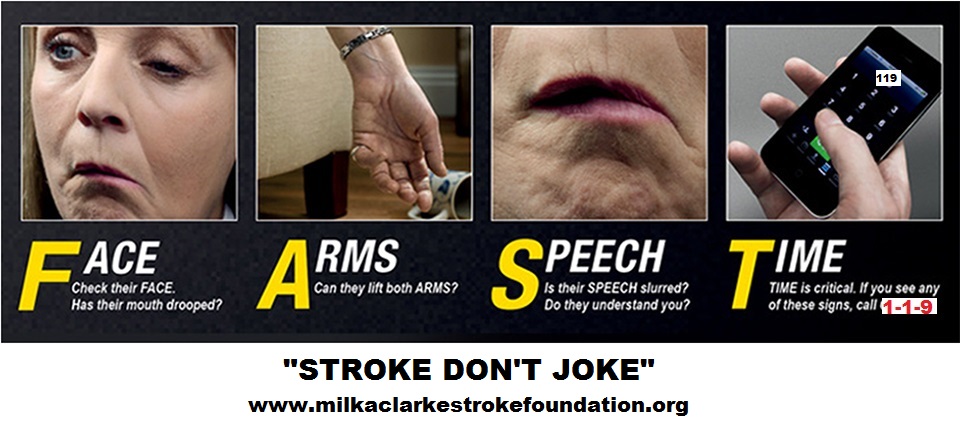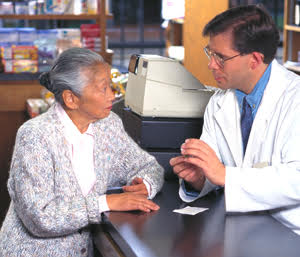 Be sure to refill prescriptions before they run out.
Be sure to refill prescriptions before they run out. How our medications help you
- They make you feel better so you can do more things you enjoy.
- They keep your blood from clotting, which helps to prevent stroke.
Types of medications
Many types of medications can help prevent stroke. You may be prescribed 1 or more of the following:
- Anticoagulant (“blood thinning”) medications help prevent blood clots from forming. If you take a blood thinner, you may need regular blood tests.
- Anti-platelets, such as aspirin, are prescribed for many stroke patients. They make blood clots less likely to form. Aspirin is available over the counter.
- Blood pressure medications help lower high blood pressure. You may need to take more than one blood pressure medication..
- Cholesterol-lowering drugs make plaque less likely to build up in your artery walls, which can decrease the risk of stroke.
- Heart medications can treat certain heart problems that increase your risk of stroke.
- Diabetes medications adjust blood sugar levels. This can prevent problems that lead to stroke.
Know which medications you take
To help keep my blood from clotting,
I take:__________________________________________
To keep my blood pressure lower so it’s easier for my heart to pump,
I take:__________________________________________
Medication tips
Below are tips for taking medication. Keep in mind that most medications need to be taken every day — even when you feel fine. Ask your doctor if you need to avoid certain foods or alcohol. Also mention if you have problems affording medication.
- Have a routine. Take medication at the same time each day. Use reminders to help stay on track. Some people find using a pill box to organize medications helpful for this.
- Take all your medications. Some medications work best when used with others. Don’t take one type and skip another.
- Plan ahead. Refill prescriptions before they run out. Be sure to take medications along if you travel.
- Never change your dosage or stop taking medication on your own. And if you miss a pill, don’t take 2 the next time.
- Tell your doctor if any medication causes side effects. Your doctor may change your dose or prescribe a new medication.
- Carry a list of your medications. Bring the list to appointments with health care providers.
For family and friends
Medications can play a key role in preventing stroke. This is especially true for people who have already experienced stroke or transient ischemic attack (TIA). To provide support:
- Make sure your loved one knows how the medications work and when to take them. Check often to ensure they’re taken as directed.
- Know whether any medication reacts with certain foods or alcohol.
- Watch for side effects. Call the doctor if any medication causes excess bruising, nosebleeds, dizziness, or blurred vision.
Call your doctor
Contact your doctor right away if you:
· Have side effects, such as dizziness, nausea, muscle cramps, headache, coughing, swelling, or a skin rash.
· Are gaining weight.
· Miss a dose of any of your medications for a prolonged length of time.
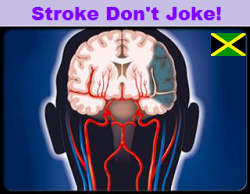
 RSS Feed
RSS Feed
